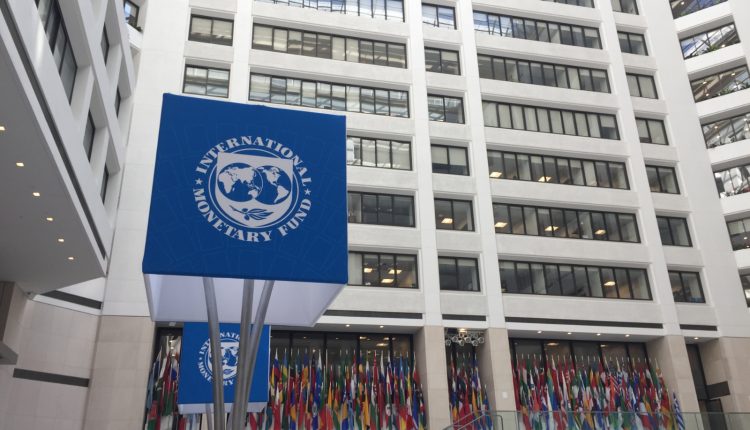The International Monetary Fund (IMF) executive board approved the disbursement of SDR 704.70 million ($928 million) to Bangladesh under its Extended Credit Facility (ECF) and Extended Fund Facility (EFF) arrangements.
An additional SDR 166.68 million ($220 million) was disbursed from the Resilience and Sustainability Facility (RSF), totalling SDR 1,409.40 million ($1,856 million) for the ECF/EFF and SDR 333.35 million ($439 million) for the RSF.
The IMF recognised Bangladesh’s economic challenges due to high international commodity prices and global financial tightening.
The current account deficit is manageable, but pressure on foreign exchange reserves and the taka persists. The authorities have implemented exchange rate reforms to address these issues.
Real GDP growth slowed to 4.8 per cent in the first half of FY24, with headline inflation hitting a decade high of 9.7 per cent in April 2024.
The IMF projects a full-year growth rate of 5.4 per cent for FY24, followed by a rise to 6.6 per cent in FY25.
While, inflation is expected to remain elevated at around 9.4 per cent in FY24 before declining to 7.2 per cent in FY25 due to tighter monetary policy and lower global food and commodity prices.
Gross international reserves (GRI) are projected to increase gradually following the exchange rate adjustments. However, the IMF recognises significant uncertainties and potential downside risks.
The ECF/EFF and RSF arrangements, approved in January 2023 for a total of SDR 3.5 billion ($4.7 billion), aim to support macroeconomic stability, protect vulnerable populations, and promote inclusive and sustainable growth.
The IMF deputy managing director, Antoinette Sayeh, emphasised the programme’s role in safeguarding stability and facilitating economic reforms.
Attribution: IMF statement


